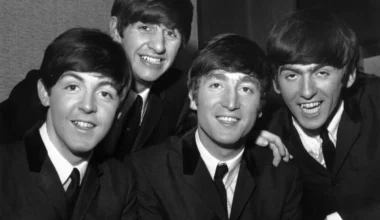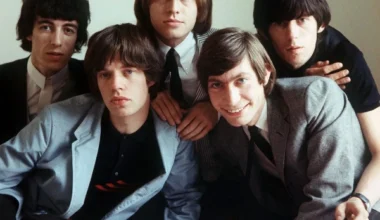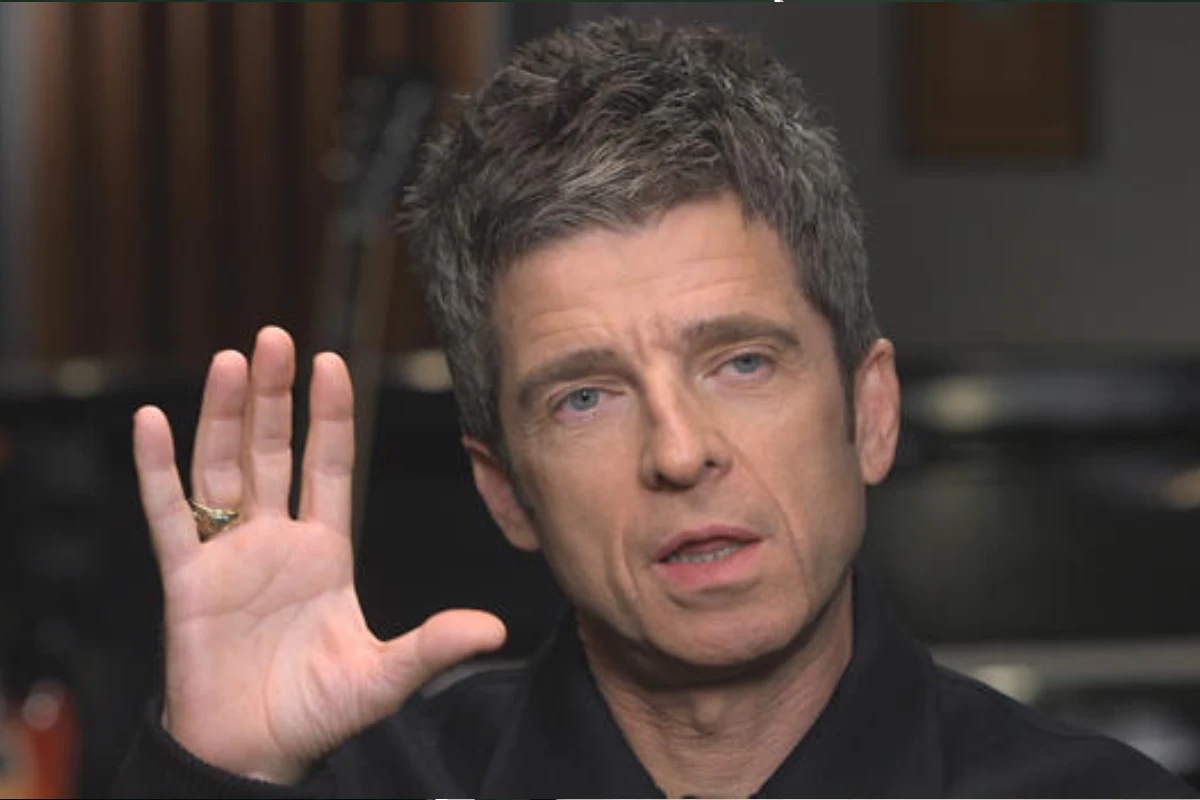Ritchie Blackmore’s name always surfaces in discussions about the greatest guitarists, even though determining the “best guitarist in the world” is a matter of personal taste. But when it comes to defining what makes up a guitarist like Blackmore, things become clearer.
The key ingredients? Unique guitar-playing ability, undeniable stage presence, and a keen ear for evolving music scenes. Blackmore’s ongoing love of music fueled his success, as he consistently sought inspiration from live performances, a trait that set him apart and kept his sound evolving.
Even at the peak of his fame, Blackmore made a habit of going out, attending gigs, and learning from other guitarists, ensuring that his style stayed fresh. For example, Deep Purple’s early work was heavily influenced by classical music, thanks to an early experience Blackmore had at 15.
He witnessed a band called Nero and the Gladiators, known for blending classical music with rock while dressed in togas. The combination left an indelible mark on him. “My interest in classical music overall is what led me in the direction of trying to combine blues, rock, and classical ideas into a stylistic statement,” Blackmore explained.
While Deep Purple often leaned into classical influences, they also embraced a heavier sound, as showcased in their critically acclaimed album In Rock. The album’s weightier tone was sparked by Blackmore’s willingness to keep his ear to the ground, staying in touch with emerging musical trends.
In fact, In Rock owes much to Blackmore’s encounter with Leslie West’s band, Mountain. Recalling the experience, he said, “I remember being in a place in Germany, and Ian [Paice] and I were out drinking together. We heard Mississippi Queen, and we both went white! It had such a big sound! For three guys, it was incredibly heavy.”
This love for live music extended across the Deep Purple camp. Blackmore and keyboardist Jon Lord bonded over their admiration for the band Vanilla Fudge, an obsession that ultimately led to Deep Purple’s formation.
Reflecting on that time, Blackmore said, “We loved Vanilla Fudge – they were our heroes…. The group was ahead of its time.”
Blackmore even admitted that Deep Purple initially wanted to be a Vanilla Fudge clone, though singer Ian Gillan pushed for a heavier, more Edgar Winter-esque approach, creating a unique blend that set the band on their path to rock stardom.
Blackmore’s enduring success lies in his versatility, curiosity, and commitment to exploring different musical styles—whether blending classical with rock, or chasing heavier sounds in response to new influences. His approach to guitar playing has kept him at the forefront of rock music for decades, and his name remains synonymous with musical evolution and originality.








